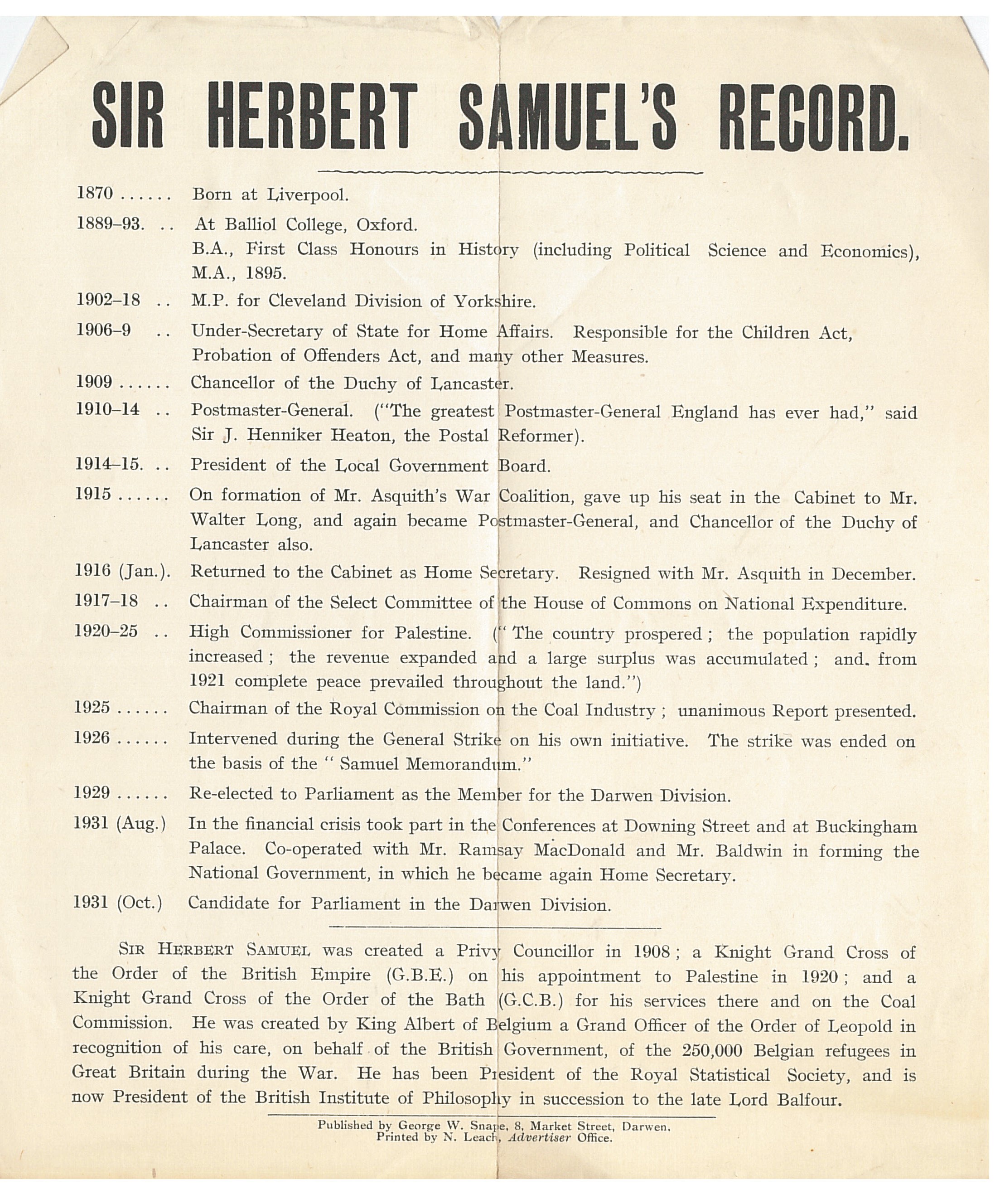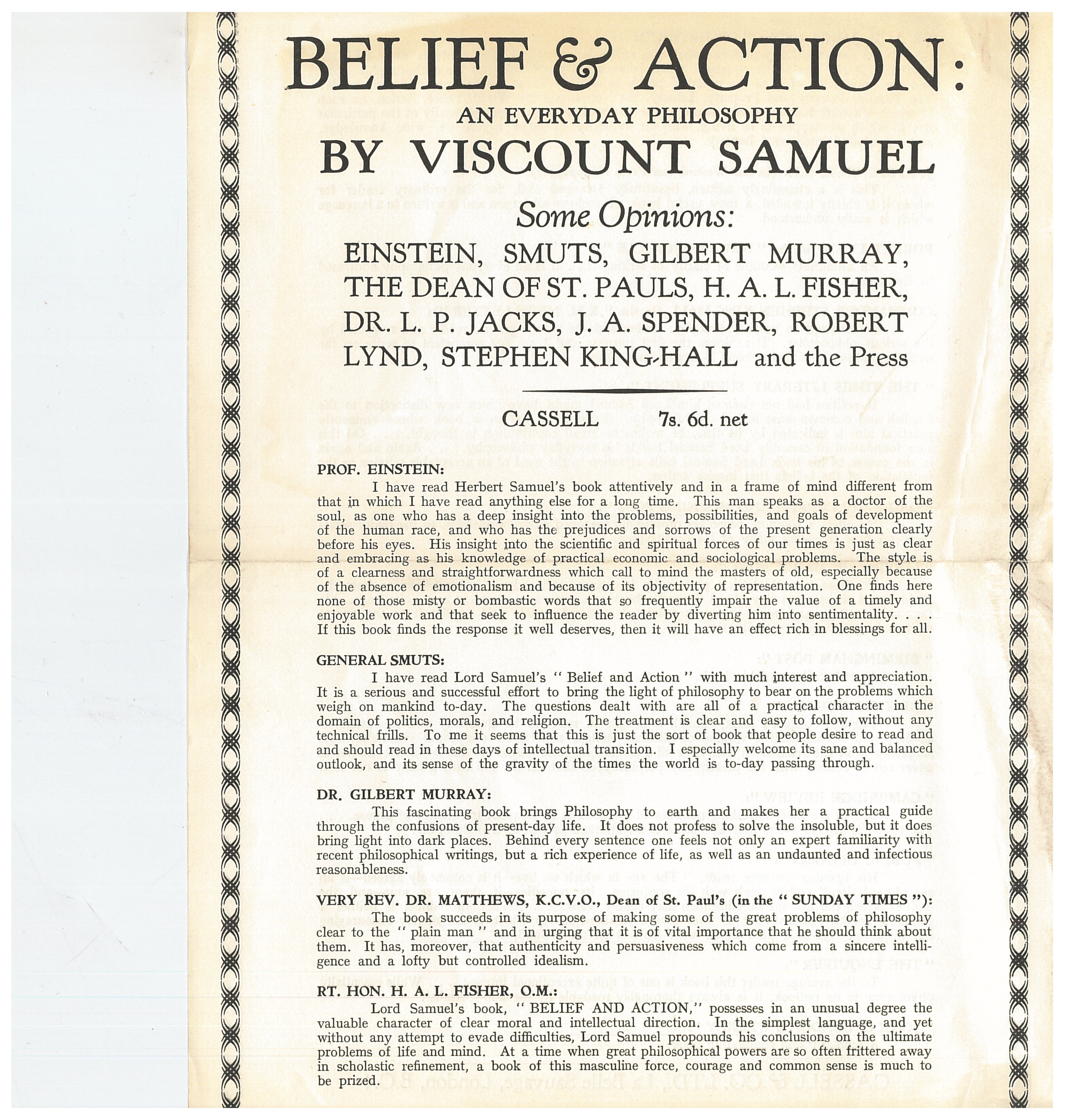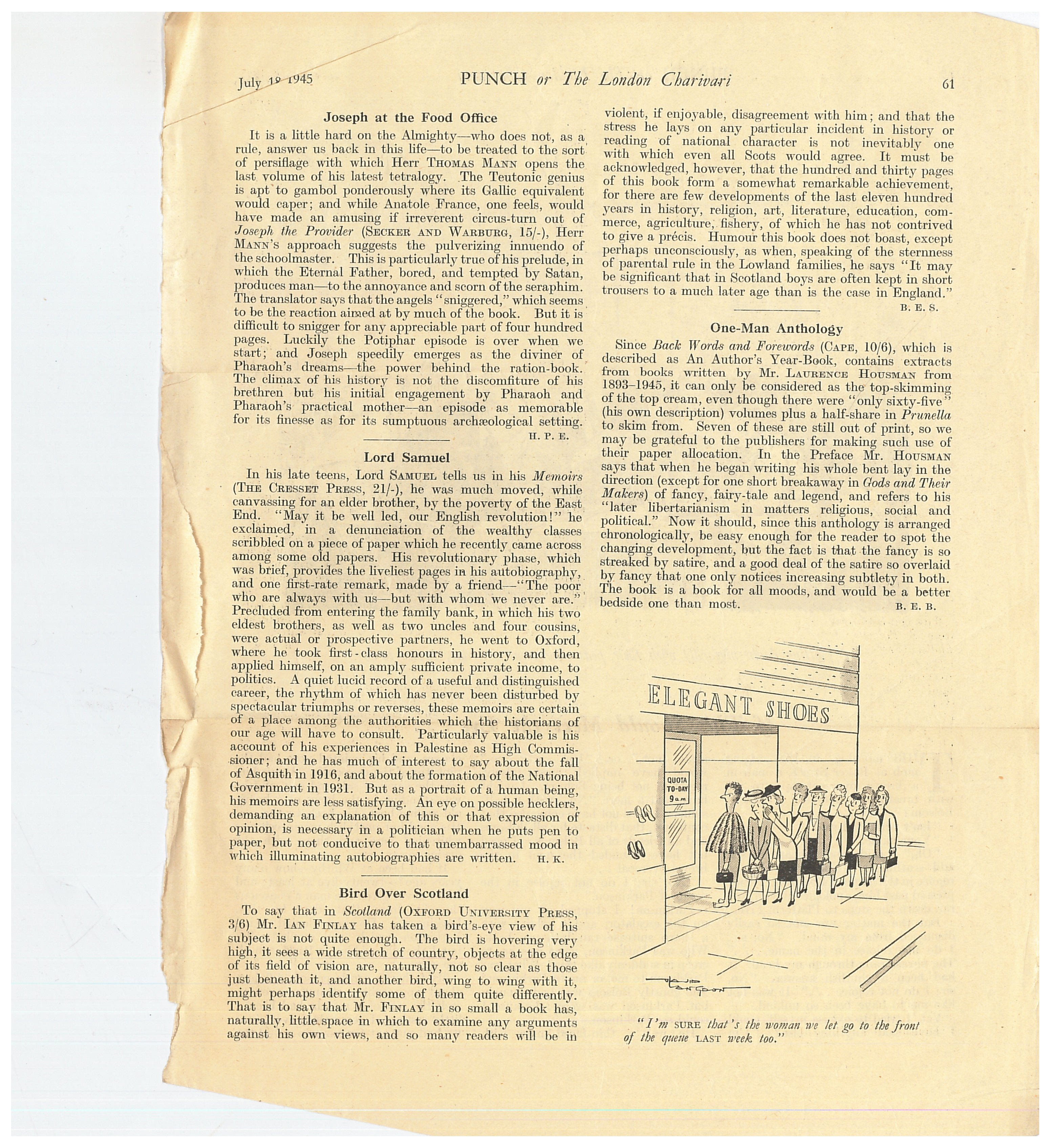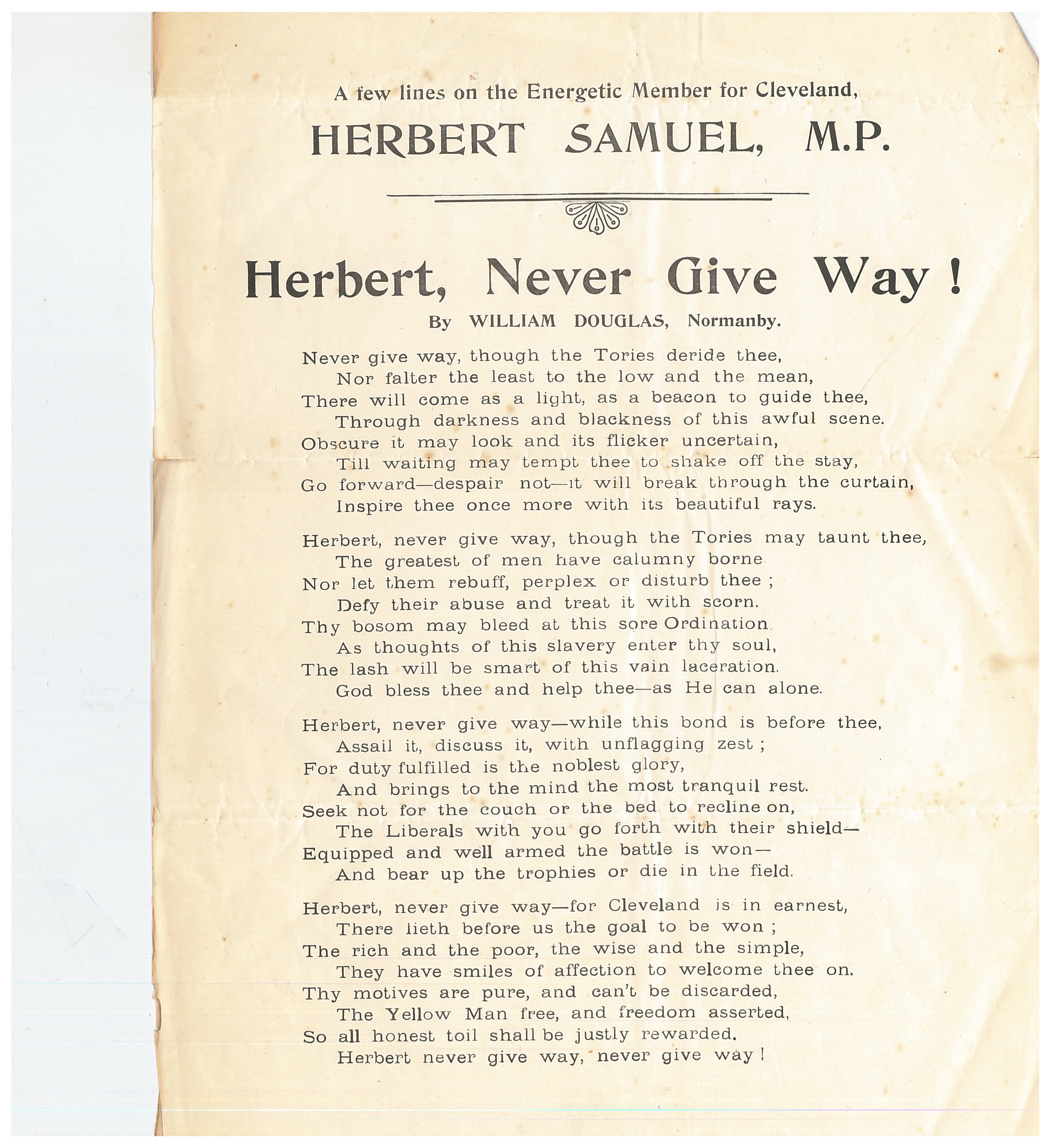Every donated collection, however small, tells a unique story. It is never just about the written content confined to the pages of the books within it. The way an assemblage of books is built speaks volumes of the collector. The choice of titles, the marginal notes taken, and the ephemera hidden in-between printed pages, all paint a unique picture of the owner’s associations. They offer a peek into the collector’s personal universe and provide a form of informational overlay librarians and archivists are extra sensitive at detecting and embracing.
We have recently received a small donation of books from a gentleman in London. At first glance, the collection does not appear exceptionally rare. It consists of books on a variety of topics, including roadmaking, Russian folk tales, and punting. One could say, not an obviously Judaica-Library-related book assortment. However, upon further examination, one realises that the volumes within it are interlinked in more than one way, and actually rather special. In this brief blog post, we are choosing to mention (and show!) just a couple of the many fascinating angles.
Firstly, an assemblage of newspaper cuttings found in a book written by Herbert Samuel, 1st Viscount Samuel (1870-1963), a British statesman and philosopher, and the first British high commissioner for Palestine. The ephemera give us an insight into the world of early 20th century British politics (small sample below).
Secondly, a selection of books of historical prose and poetry by Lady Katie Magnus (1844-1924). In 1870, Lady Magnus espoused Sir Philip Magnus, and thus married into the so-called ‘annex’ of the Anglo-Jewish ‘cousinhood’: Rothschilds, Montefiores, Goldsmids, and Mocattas. Her writings, mostly educational in nature, show off her extensive knowledge of history and literature. Incredibly erudite, she remains humble; in an introduction to one of her works outlining Jewish history from Babylonian times to the late 19th century, she states she knows her work is not perfect, even though she tried her best. This selection provides quite an insight into gender relations in 19th century England. Magnus certainly deserves to be read, studied, and written about.
Some of her works which we now hold at the library (several come with multiple revised reprints):
Outlines of Jewish History: from B.C. 586 to C.E. 1885 (London: Longmans, 1886)
Jewish Portraits (London: Fisher Unwin, 1888)
First makes of England: Julius Caesar, King Arthur, Alfred the Great (London: Murray, 1901)
Some minor moralities and minor heresies (London: Routledge, 1908)
Remnants (Chilworth, London: Unwin, 1895)
A book of verse (London: Routledge, 1905)
Little Miriam’s holyday stories for little Jewish readers. 9 volumes in 1 (London: Vallentine, 1868-1875)





